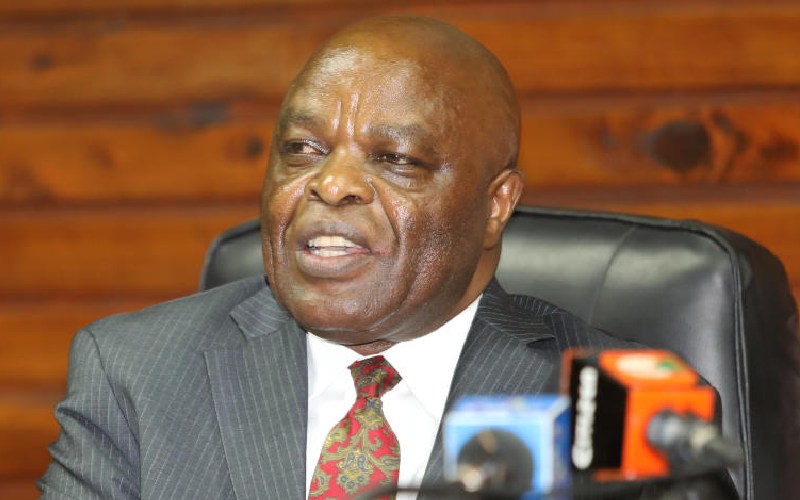×
The Standard e-Paper
Smart Minds Choose Us

The recent decision by High Court judge Reuben Nyakundi to knock down rigid sections of abortion laws added swell to expanding wins for sexual and reproductive health rights in Kenya.
Over time, the Judiciary and Parliament have been scoring one win after another, with experts now urging the Executive to pull its part and entrench progressive sexual and reproductive health policies to match with the times and the law.